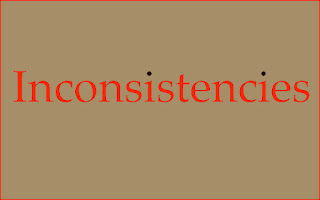Nausea Combines Phenomenology and Existentialist
Nausea is a novel by the
existentialist philosopher Jean Paul
Sartre. This novel fictionalizes Sartrean brand of existentialism. It represents a world without
god or meaning. It discovers the meaninglessness of existence through an
enquiry into the perceptual understanding of the universe. Based on these
observations, we shall attempt to reveal how Sartre's Nausea combines
phenomenology and existentialism.



